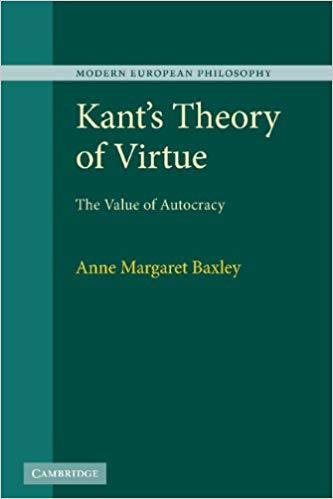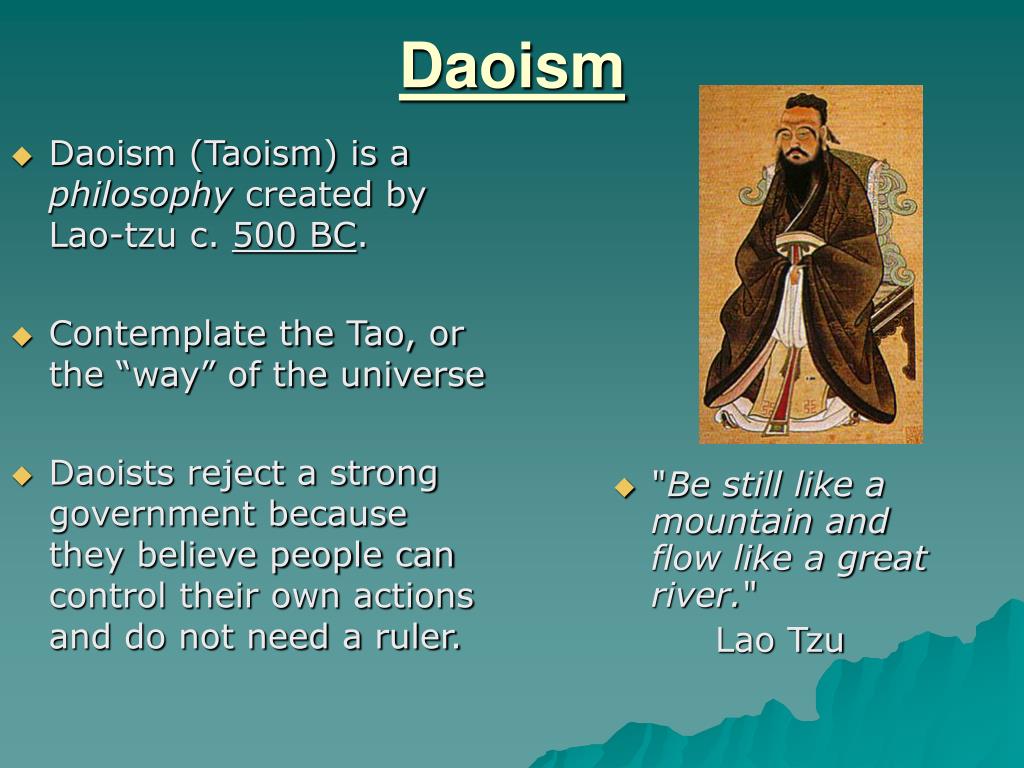2024.10.13 : View this Review Online | View Recent NDPR Reviews
Christoph Horn and Robinson dos Santos (eds.), Kant’s Theory of Value, De Gruyter, 2022, 276pp., $ 133.99 (hbk), ISBN 9783110795981.
Reviewed by Florian Marwede, Goethe University Frankfurt
Kant’s Theory of Value is a collection of thirteen essays on Immanuel Kant’s practical philosophy, originating from contributions to the 2019 colloquium Kant on Value held in Bonn. “Value” in this collection refers primarily to the moral worth of actions and persons, as well as the instrumental value of actions that serve certain ends. Other meanings, such as aesthetic or economic value, fall outside of the book’s scope.
Kant does not derive the moral law from a canon of values, but instead from the principles of practical reason. However, he frequently employs the term “value” (or “worth”, translating the German “Wert”). For example, Kant claims in the Groundwork that only a good will has “unconditional value”, and only actions performed from duty have “genuine moral…
Read the full article which is published on Notre Dame's Philosophical Reviews (external link)






